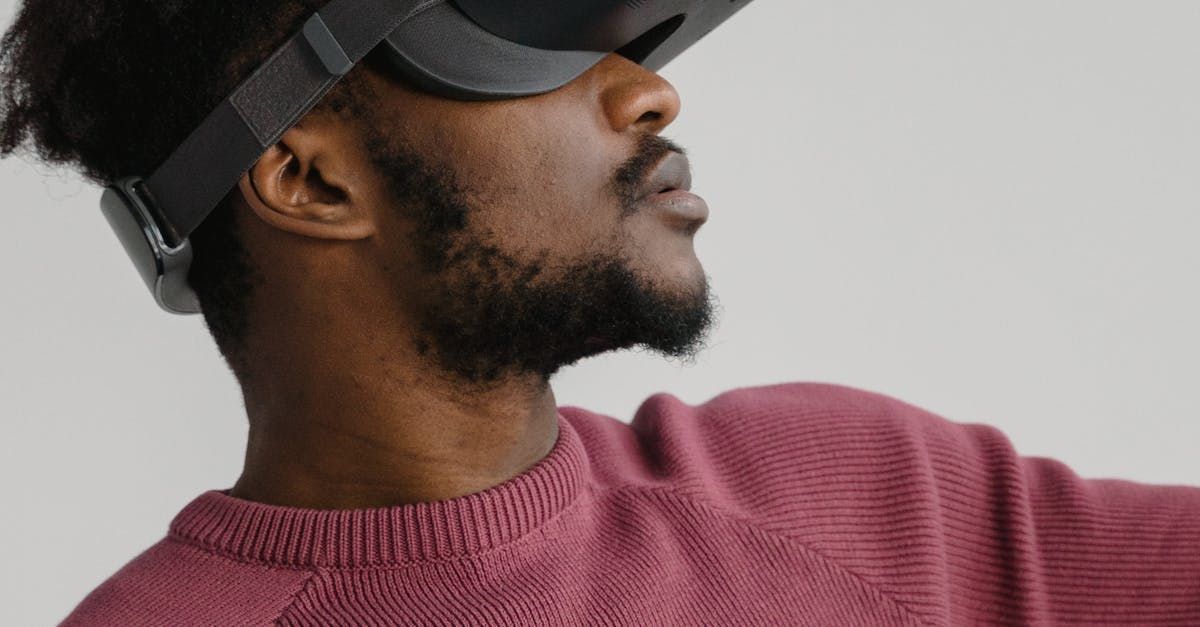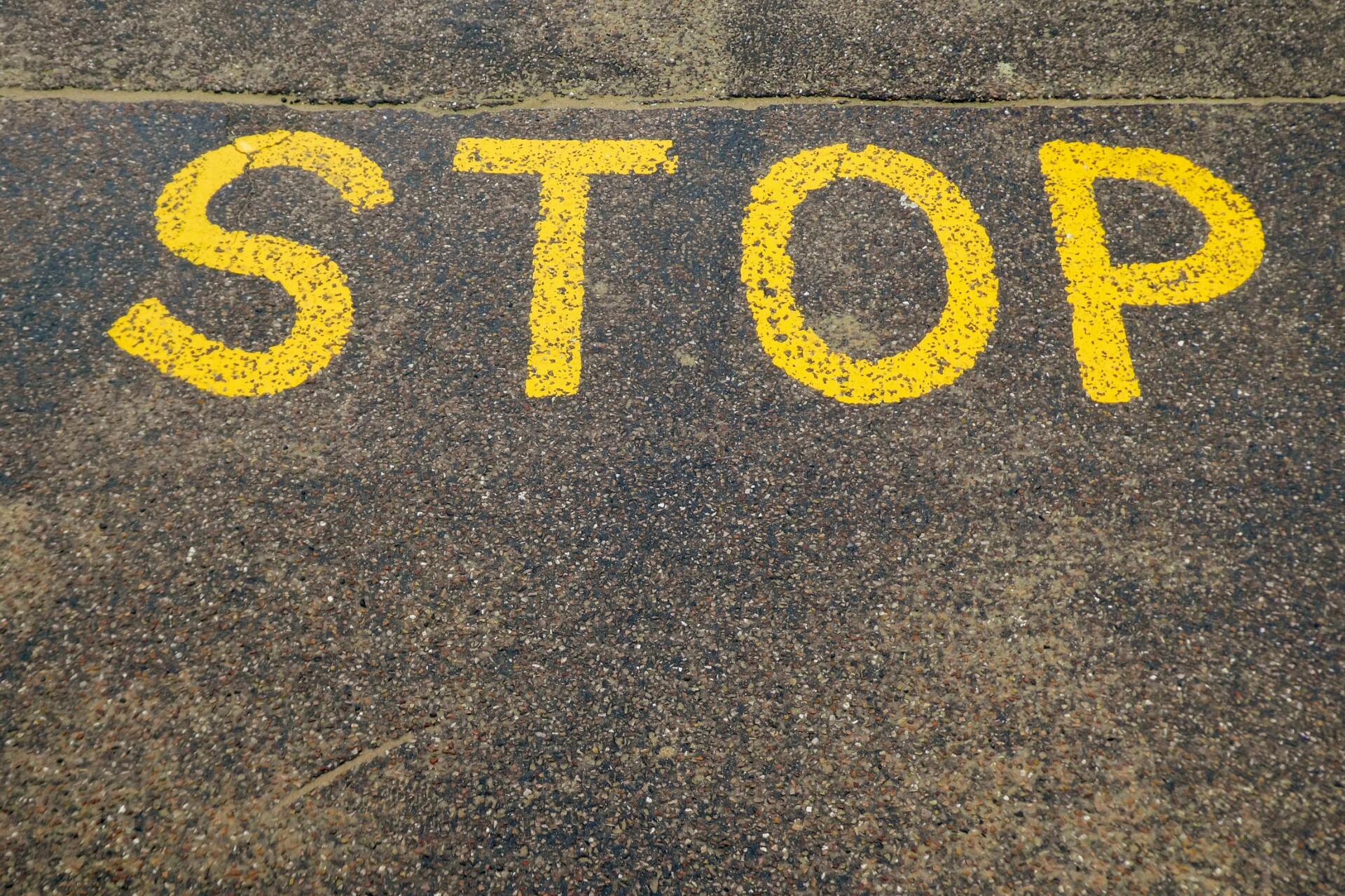PATENT LITIGATION
In Dallas, Texas
Patent litigation affects multiple market sectors and encompasses various practices. It typically involves high costs and considerable time investment, demanding significant effort from plaintiffs to establish infringement claims in court.
PATENT INFRINGEMENT LAWYERS
What Is Patent Litigation?
Patent litigation involves one party initiating legal action against another for allegedly unauthorized use of their patented invention. The process begins with a patent, which the United States Patent and Trademark Office (USPTO) issues. Patent holders are entitled to prevent others from manufacturing, using, selling, or importing their patented product, process, or service. Patents generally remain valid for 20 years from the filing date, although some may only last for 15 years. Importantly, the federal government does not enforce patent rights; enforcement is the responsibility of the patent holder. If a patent is believed to be infringed, the holder may file a civil lawsuit in a U.S. district court to resolve the matter.
Types of patents filed with the USPTO:
There are three primary types of patents: utility, design, and plant patents. Utility patents, which comprise about 90% of all issued patents, cover inventions of new and useful processes, machines, manufactures, or compositions of matter, or improvements thereof, providing protection for up to 20 years from the filing date. Design patents cover new, original, and ornamental designs applied to articles of manufacture and last for 15 years. Plant patents protect new or uniquely discovered asexually reproducing plants for 20 years.
A patent document includes three main sections:
- Cover Page: A cover page that provides a descriptive summary of the invention, the inventor(s), and the date the patent went into effect.
- Specification: Specifications that offer detailed information on how to produce the patented item and include examples of the invention in use.
- Claims: A list of claims that define and restrict the essential elements of the patented invention, similar to how property boundaries are determined.
What are patent infringement damages?
Understanding Patent Infringement: Direct and Indirect Categories
When it comes to patent infringement complaints, they generally fall into two distinct categories: direct infringement and indirect infringement. Understanding these can help in navigating the complexities of patent law.
What is Direct Patent Infringement?
Direct patent infringement occurs when an entity or individual engages in the unauthorized manufacturing, usage, sale, offer to sell, or importation of a patented invention, method, or service. This form of infringement is straightforward: the infringer directly engages in activities that violate the patent holder’s exclusive rights.
Exploring Indirect Patent Infringement
Indirect patent infringement involves cases where the defendant may not have directly infringed the patent themselves but has contributed to or induced another party to commit an infringement. This category is further divided into:
- Active Inducement: The defendant is accused of persuading or otherwise aiding a third party to infringe upon the patent.
- Contributory Infringement: In this scenario, the defendant is alleged to have supplied a component of the patented invention, facilitating the third party’s direct infringement.
By distinguishing between these types of infringements, stakeholders can better understand their legal positions and potential defenses in patent litigation.
Understanding the Markman Hearing in Patent Trials
What is a Markman Hearing?
Before a patent trial begins, the judge conducts a Markman hearing, an essential pre-trial stage where the meanings of specific terms within the patent are determined. This hearing involves the examination of intrinsic evidence, including patent claims and prosecution history, as well as extrinsic evidence like legal dictionaries and expert testimony. The outcome of the Markman hearing is crucial as it can significantly influence the verdict, especially if the case hinges on the interpretation of a particular patent claim.
The Patent Infringement Trial Process
Role of the Jury in Patent Trials
A patent infringement trial typically proceeds before a jury that assesses factual issues and determines damages if the defendant is found to have infringed upon the patent. Given that most juries are not familiar with technical details of patents, plaintiff attorneys begin by explaining how the patent works. This stage often includes testimonies from the patent owner, inventor, and key clients who may have lost business due to the infringement.
Expert Testimonies and Defendant's Defense
Plaintiff attorneys also present expert testimony regarding the alleged infringement and the suggested amount of damages. Conversely, the defense will cross-examine these witnesses and introduce their own to contest the patent's validity and argue against the claims made by the plaintiff.
Verdict and Judgment in Patent Cases
Outcomes of a Successful Patent Infringement Claim
If infringement is proven, the patent owner can seek several remedies:
- Monetary damages to compensate for potential losses.
- Injunctions to prevent further unauthorized use or sale of the patented technology.
- Royalties for any future infringements that might occur.
Post-Trial Motions and Appeals
Moving Beyond the Initial Verdict
Following the trial, the losing party may file post-trial motions to overturn the verdict due to various issues, such as errors during the trial or attorney misconduct. Appeals are typically directed to the Federal Circuit, where the case must be docketed within ten working days. Decisions at this level generally take about a year.
Higher-Level Appeals
If an appeal fails, two further options remain:
- En Banc Hearing: The losing party can request a rehearing by the original panel or the entire court. This is uncommon and generally only pursued if a significant error occurred in the initial decision.
- Supreme Court Review: The final recourse is to petition the U.S. Supreme Court for a writ of certiorari. This step has become increasingly common, with a noticeable rise in patent cases reviewed by the Supreme Court in recent decades.
CLIENT MATTERS
5,000+
YEARS OF SERVICE
25+
Award Winning
Recognized in the legal industry as dedicated board-certified lawyers and Rising Stars.
Expert Team
Your project will be handled by legal experts every time. You will have the most experienced attorneys working for you.











